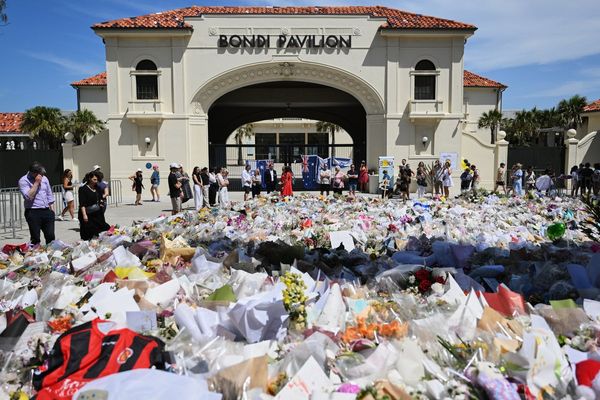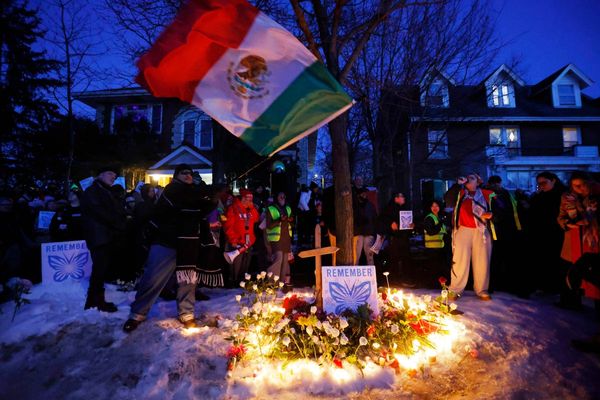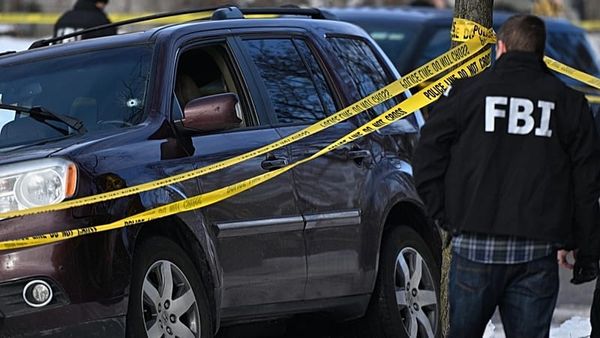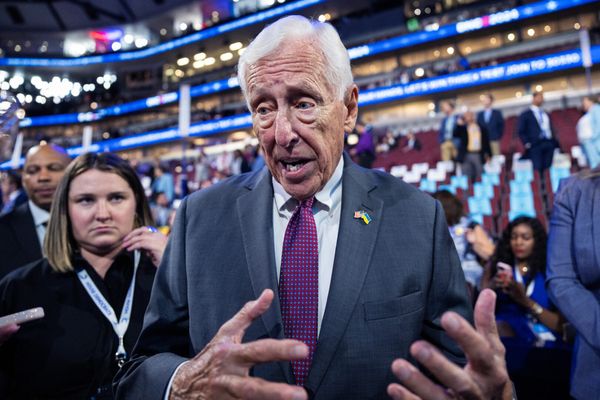
Russia has been rocked by protests and detentions following the death of prominent critic of Vladimir Putin, Alexei Navalny, in a Siberian penal colony. The vigils held in his honor in cities like St. Petersburg and Moscow resulted in the apprehension of numerous individuals, although the fate of these detainees remains unknown. Navalny, who delivered a chilling message to the Russian people in a recent documentary, warned of the consequences if he was killed, urging them to stand strong and not give up.
This tragic event has prompted reflection on the impact Navalny had on Russia's democratic awakening over a decade ago. Navalny's leadership during the protests of 2011 and 2012, which drew crowds of up to 100,000 people, was seen as a pivotal moment in the country's history. Many saw him as a symbol of an alternative Russia – one that could have been peaceful, prosperous, and democratic.
Just yesterday, Navalny appeared in court, exhibiting moments of laughter. However, news of his death today initially left his family unsure of its veracity. Given Navalny's role as one of the most vocal critics of Putin, even from within the Siberian penal colony, his demise raises the pressing question of what will happen next.
The timing of Putin's actions in eliminating Navalny is significant. It suggests a sense of impunity on the part of the Russian leader, who perceives strength in the current political environment. Navalny's reminder in the documentary about the strength in numbers and the movement he once led highlights the vulnerability of the democratic movement in Russia, which now faces a formidable challenge in its quest for democracy.



Despite Navalny's absence, the network of his supporters continues to exist both domestically and internationally. However, their recovery from this devastating blow will undoubtedly be arduous and fraught with challenges.
The circumstances surrounding Navalny's death remain shrouded in uncertainty. Russian authorities claim that he lost consciousness while out for a walk. In contrast, when Navalny was poisoned, his team diligently collected evidence by securing items such as his toothbrush and towel. In the Siberian penal colony, such investigation becomes exponentially more challenging, as described by Navalny himself in letters exchanged at the end of 2021 and the beginning of 2022. He revealed the existence of a restricted environment specifically designed to confine him, where other inmates were forbidden from speaking to him. This controlled setting, akin to living in a shoebox, was seemingly designed with the intention of eventually ending his life.
The news of Navalny's death is both tragic and sadly unsurprising, given the circumstances. The event has sparked widespread protests and condemnation internationally, signaling the deep impact this exceptional individual had on the Russian people's fight for democracy.







